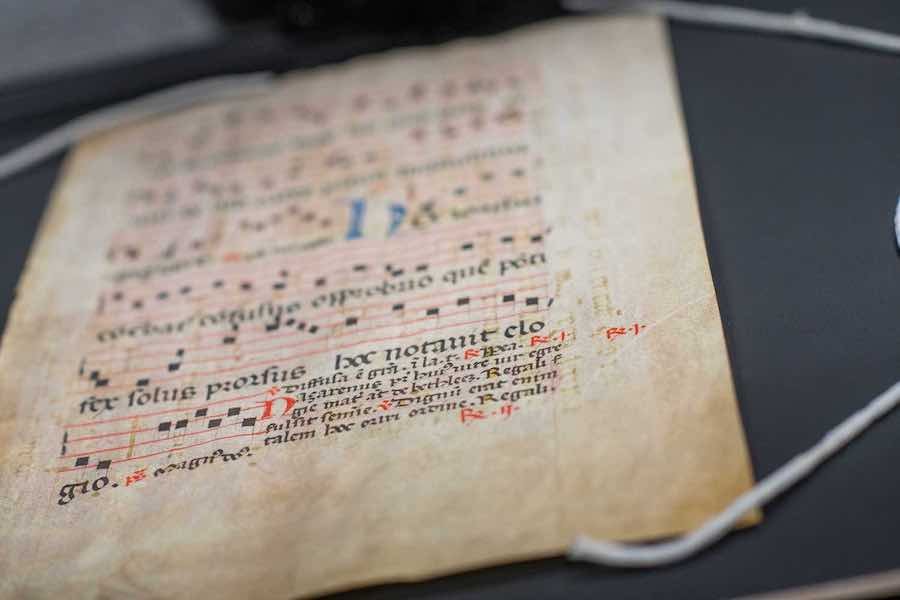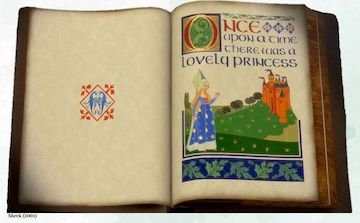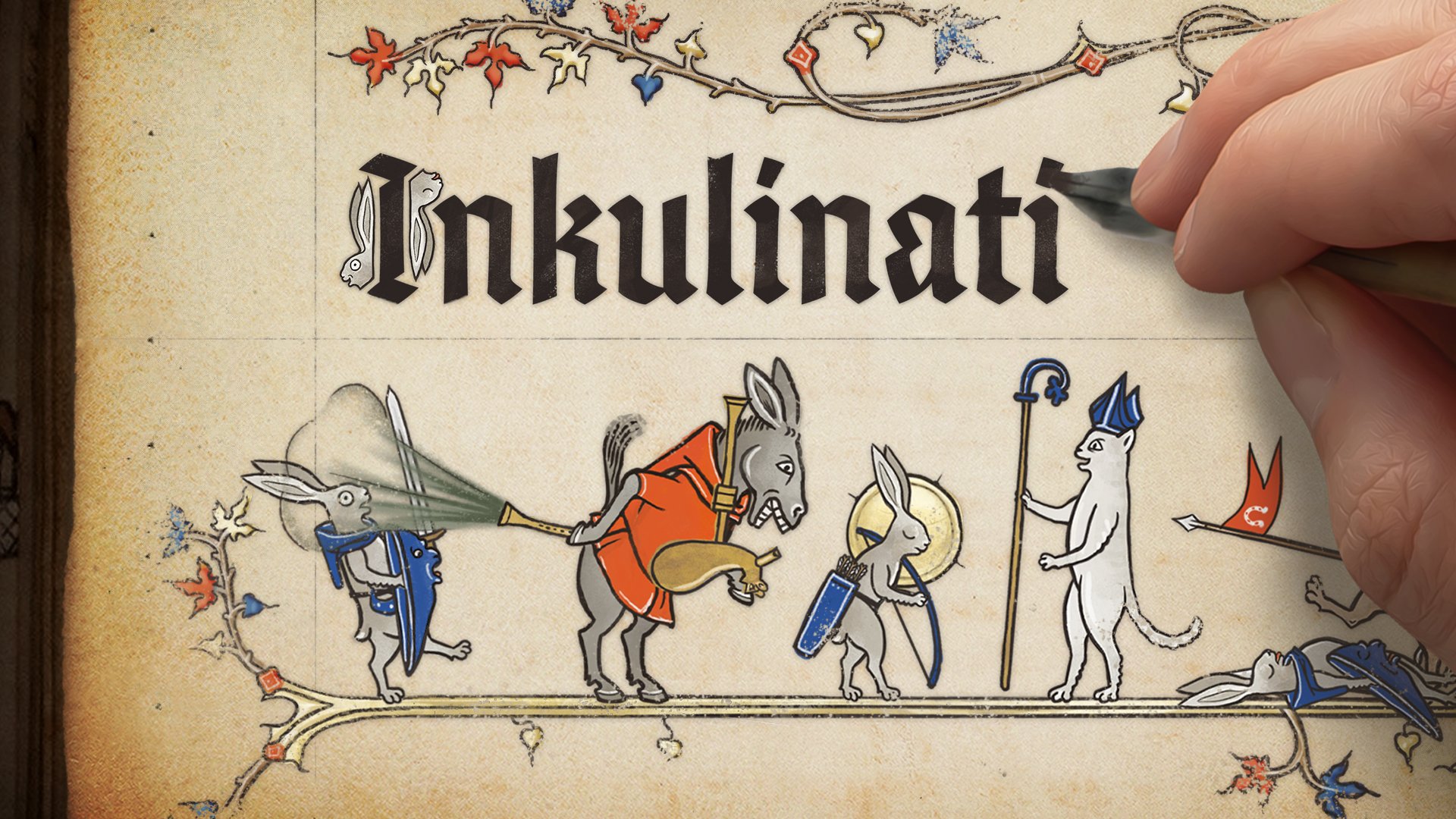Mary Jaharis Center for Byzantine Art and Culture and the Mashtots Professor of Armenian Studies at Harvard University
Daughter, Healer, Soldier, Spy: Finding Communities in the Medieval Middle Eastern Countryside
Reyhan Durmaz, University of Pennsylvania
Tuesday, October 17, 2023 | 12:00 PM EDT | Zoom
The Mary Jaharis Center for Byzantine Art and Culture and the Mashtots Professor of Armenian Studies at Harvard University are pleased to announce the first lecture in the 2023–2024 East of Byzantium lecture series.
The medieval Middle Eastern countryside was a dynamic space populated by groups uniting around powerful patrons, distinct religious practices, and a variety of languages. These groups, contrary to our expectations of a “community”, were often destabilized, negotiated, dismantled, and reconfigured. As a way to capture this dynamism, in light of literature and epigraphy, this talk explores a group of demographic categories that are often sidelined in our conventional taxonomies of the medieval Middle Eastern society – such as rulers and subjects, clergy and lay people, elite and non-elite.
Reyhan Durmaz is an assistant professor of religious studies at the University of Pennsylvania. Her research focuses on the history of religion, especially Christianity, in the late antique and medieval Middle East.
Advance registration required. Register: https://eastofbyzantium.org/upcoming-events/
Contact Brandie Ratliff (mjcbac@hchc.edu), Director, Mary Jaharis Center for Byzantine Art and Culture with any questions.
An East of Byzantium lecture. EAST OF BYZANTIUM is a partnership between the Mashtots Professor of Armenian Studies at Harvard University and the Mary Jaharis Center that explores the cultures of the eastern frontier of the Byzantine empire in the late antique and medieval periods.




















